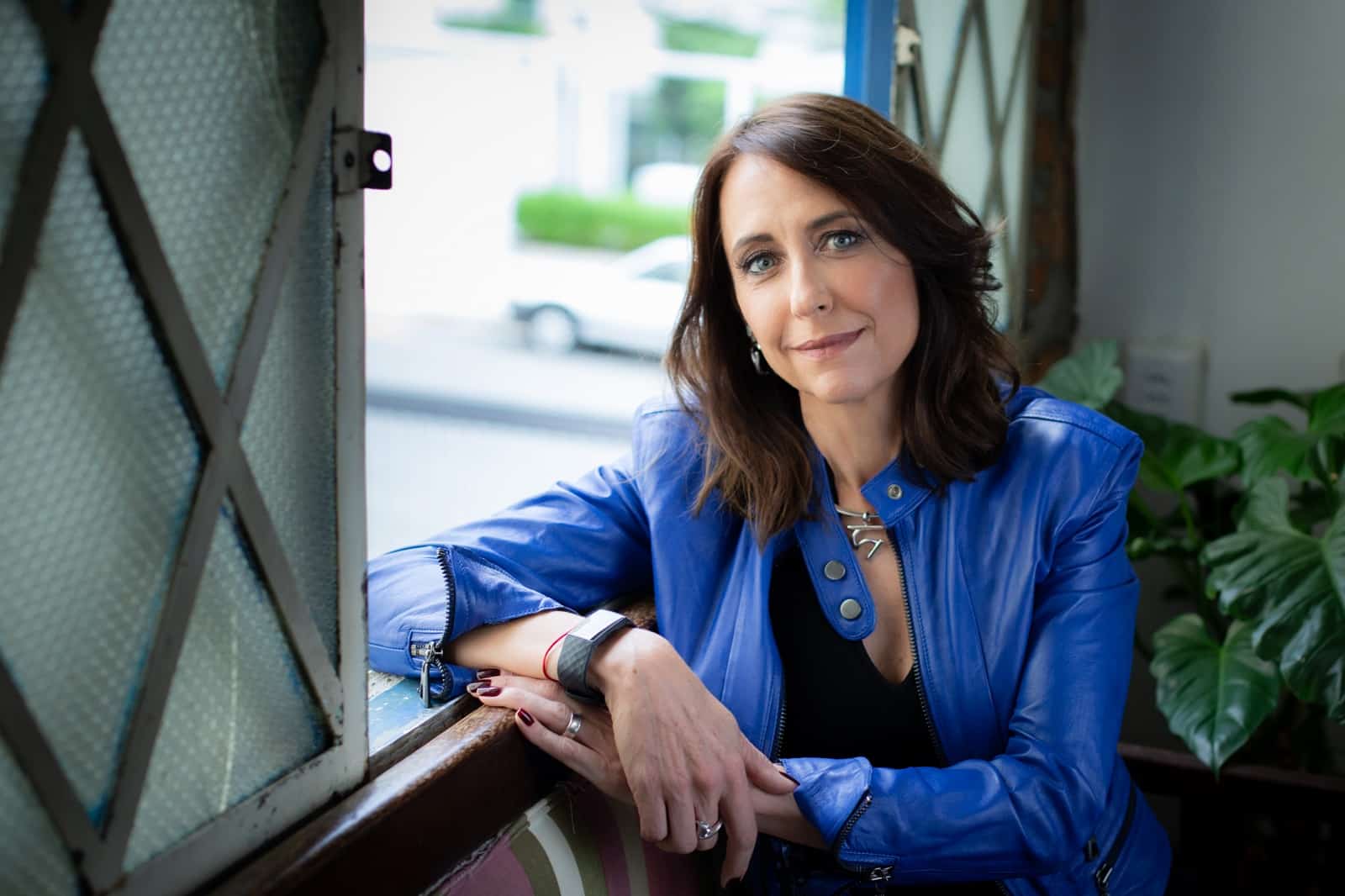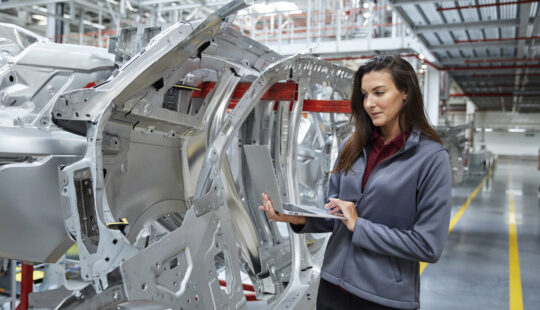Cristina Palmaka became the president of SAP Latin America and Caribbean in August 2020, after overseeing SAP Brazil, one of the most important subsidiaries for SAP globally.
With over three decades of experience in the industry, Palmaka has always been passionate about the power of technology to transform businesses for success and positively influence the region’s economy.
This article is part of the SAP Pioneers series, which features innovators at SAP who are charting new horizons in the cloud and guiding companies across the globe through exciting areas of innovation.
Q: You started working at a very early age. What was your first job?
 A: When I was 16, I applied for a trainee position with Philips Electronics. I was still in high school in São Paulo. I didn’t have any expectations because Philips was a big company — why would they hire me? I just entered my name and went through some interviews. But I really wanted the job, because my family needed the income. When I was selected, that was a big thing. When I was 17, I was hired as an employee. Like many young people in this region, I had to juggle my day job and going to school at night. My mother was worried that I was commuting by bus alone across the city at night.
A: When I was 16, I applied for a trainee position with Philips Electronics. I was still in high school in São Paulo. I didn’t have any expectations because Philips was a big company — why would they hire me? I just entered my name and went through some interviews. But I really wanted the job, because my family needed the income. When I was selected, that was a big thing. When I was 17, I was hired as an employee. Like many young people in this region, I had to juggle my day job and going to school at night. My mother was worried that I was commuting by bus alone across the city at night.
How did this shape your work ethic and your sense of responsibility?
As a child, I lived a modest life. My parents and my grandmother came to Brazil from Poland, where their values had been shaped by the restrictions of the Second World War. At home, nothing was wasted, everything was reused. Milk came in recycled bottles, and we made our own yogurt. Our clothes were hand-me-downs from family. Books and backpacks were used with care so that others could reuse them later. We never left the water running or the lights on. There was a conscious use of resources; we had a huge sense of respect for things like energy, food, and water.
The concept of circularity has been ingrained since childhood. How does innovation and technology help drive sustainability?
Whenever I hear the word innovation, I think it means doing something that has not been done before, or applying known methods to get different results. It’s about those “aha” moments in life. I’ve been very inspired by a young woman, Anna Luisa Beserra, a Brazilian environmental entrepreneur who is the founder and CEO of a startup called Sustainable Development and Water for All (SDW). When she was 15 years old, she developed a filtering system to disinfect rainwater collected in cisterns. It’s called Aqualuz, it’s a portable water purification system that uses solar energy to make water contaminated with bacteria safe to drink. Today she has her own business that brings safe water and sanitation to some of the most arid regions of Brazil.
You are now a member of the Board of Directors of her company. And under your leadership as regional president, all the managing directors of SAP Latin America and Caribbean are women. Was that one of your goals?
No, not all. It was a natural evolution that began during the succession planning phase for my replacement when I moved into my current position. We always start with a list of criteria we are looking for to fill a certain position. Who has the right skills, knowledge, and ability? Then it’s a process of elimination, weighing pros and cons, weighing the different skills, different backgrounds. I consider different perspectives, sometimes the difference between men and women, but I did not set out to hire women for these positions. I was looking for people who could bring something new to the table, people who are able to lead by example. Gender is just one aspect of a balanced organization.
Talk about sustainability is everywhere. Companies are trying to figure out how to address their environmental, societal, and governance (ESG) factors. How are you and your team guiding customers in that direction?
We need to learn how to articulate what’s behind those three letters: ESG. There are many things that we can each do personally. In my case, as I lead in the company, I have to educate those around me and guide those conversations with our customers. CEOs and C-level executives are telling us sustainability must be embedded into everything we do. A year and a half ago, we hired a sustainability officer that reports directly to me. We are actively looking at how customers are dealing with the ESG factors to find examples we can learn from and replicate. The oil and gas industry comes to mind, where there is immense pressure to transition to renewable energy for environmental reasons. Agribusiness is big in Latin America and also has environmental issues. Of course, this topic really accelerated during the pandemic, and in our region there is a special need around the societal factors. We’re dealing with a huge gap between the rich and the poor. We have skills shortages, workforce issues, salary in terms of equity, and so on.
What about governance?
This is a key factor. In the past when people talked about sustainability, it was about planting trees. Today, thanks to increased focus on ESG factors, you need a holistic strategy. Both global and local companies have to consider governance because they are doing business in different parts of the world and are impacted by all the regulations. Some companies are improving in the ESG area because they have to comply, others are doing it because it’s the right thing to do, and it’s embedded in their core vision and purpose. It doesn’t matter. Companies are responding to the push to do better for whatever reason. We’re seeing a lot of innovation in startups, which has a lot to do with the mindset of the new generation.
Let’s not forget, this is not about one single company. Every company, large and small, plays a role. Sustainability is becoming part of the business DNA.



